In 2017, the European Commission (EC) requested the European Chemicals Agency (ECHA) to formulate a proposal for a restriction on ‘intentionally added microplastics’ in products such as cosmetics, detergents, and agricultural products. ECHA presented their final opinion to the EC in February 2021, together with the opinions of its scientific committees. The adoption of this restriction is now foreseen by the end of 2022.
Will the EU ban solve the problem?
Although this restriction would be the first of its kind and will initiate similar conversations worldwide, it is not free of limitations. Not all synthetic polymers are included in this proposed definition of microplastics, only solid microplastics have been included. Decisions at this stage are crucial in determining whether Europe’s future will be truly microplastic-free or not. At this stage, the proposal has loopholes that can jeopardise the integrity of the effectiveness of this restriction. That’s why we call upon the European Commission to include all plastic ingredients, including nanoplastics, semi-solid, soluble, liquid and “biodegradable” microplastics.

